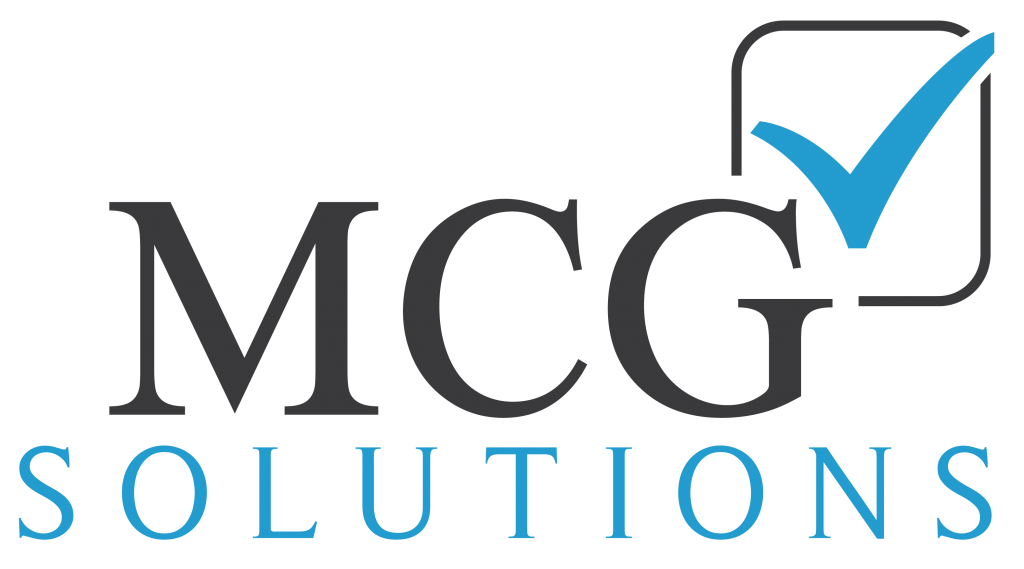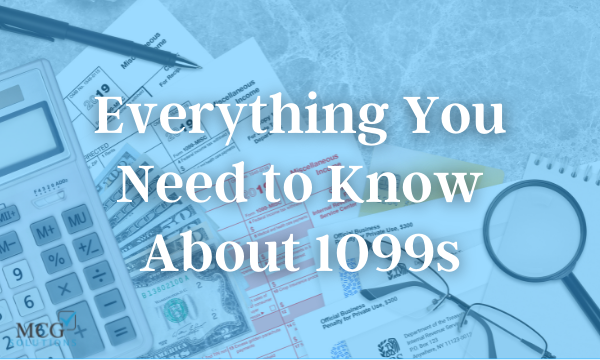1099s are issued to taxpayers who earned non-employment income over the previous year. There are several different kinds of 1099s, depending on the type of income. Dividends, stock income and independent contractor service payments are all reported differently.
If your business uses the services of independent contractors or vendors, you’ll need to issue a 1099 form. The IRS will review your accounts to ensure your wage report forms match your other tax forms.
A great bookkeeper and tax preparer can assist in issuing 1099s. Here’s what you need to know about 1099 forms:
- Changes since 2020: As of 2020, independent contractors and vendors who earned more than $600 in non-employment income over the past year receive a 1099-NEC. Prior to 2020, business owners issued them a 1099-MISC.
- Deadlines: Typically, the deadline to issue 1099s to taxpayers is January 31st.
- Know your 1099: There are multiple 1099 forms. The type of income determines which type of form you must file or issue. For instance, 1099-INTs are used to report interest income, while 1099-Ss are used for real estate transactions in a previous year. 1099-MISCs is a “catch-all” for income outside of the other categories, such as prize money.
- Send copies to the IRS: If your business issues a 1099, you’re also required to send a copy to the IRS. This allows them to review income reports and compare data. Keep in mind that the deadline between issuing a 1099 to a taxpayer and the deadline to send to the IRS may vary. It’s important that you keep up with these deadlines—or have your bookkeeper and tax preparer take over.
- Stay on top of errors: If you make an error when issuing a 1099, the taxpayer may ask you to correct the form before sending it to the IRS. If you’ve already sent it to the IRS, you may need to issue a corrected form.
- Payments via third-party merchants: If you paid your contractors via credit card, PayPal or other third-party merchant, they’re responsible for sending the taxpayer a 1099-K—unless it’s a PayPal “friends and family” payment, CashApp, Zelle or Venmo which aren’t categorized as a business transaction. In that case, you’ll need to issue a form 1099-NEC.
- Penalties: If you fail to issue a 1099 to your contractors and vendors, the IRS will levy penalties against you. The amount depends on when you file the 1099 with the contractor and IRS.
While 1099s might seem daunting, they’re a necessary part of doing business. If you have questions about how to issue and file 1099s, which kind to use and when the deadlines are, consider working with a professional bookkeeper and tax preparer. Because penalties are at stake, having professional help on your side can take the stress out of tax time.
MCG Solutions provides experienced, individualized bookkeeping and tax preparation services for small businesses. When you need help, our friendly team is standing by. Contact us today to learn more about our services.

